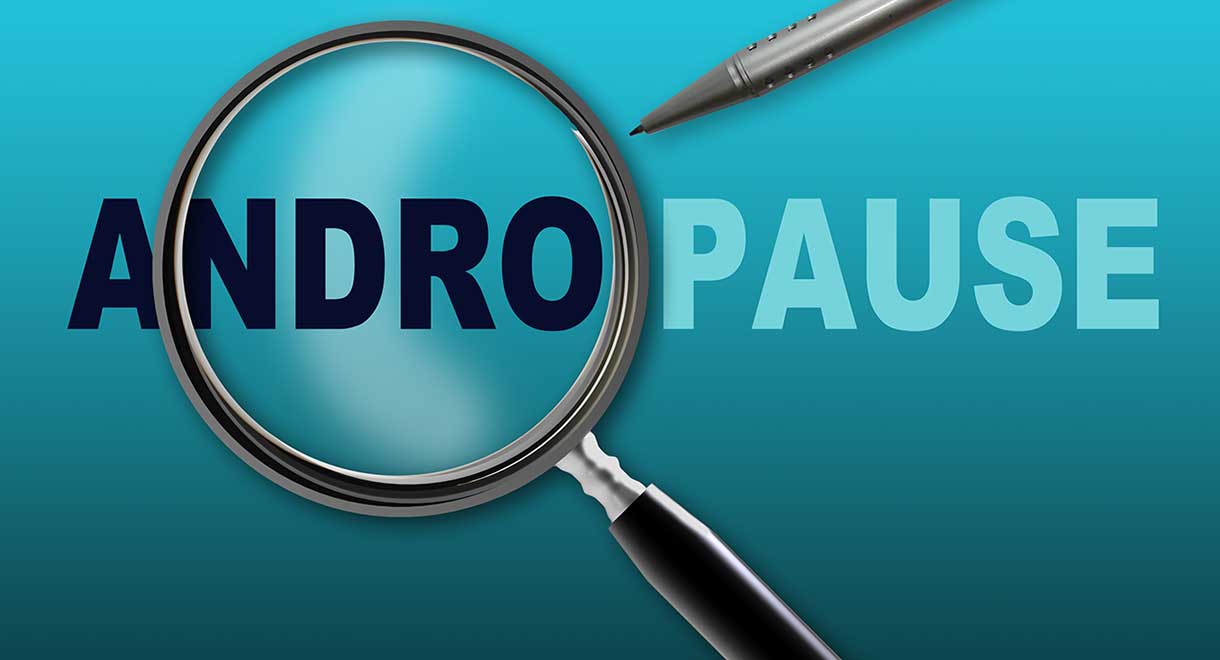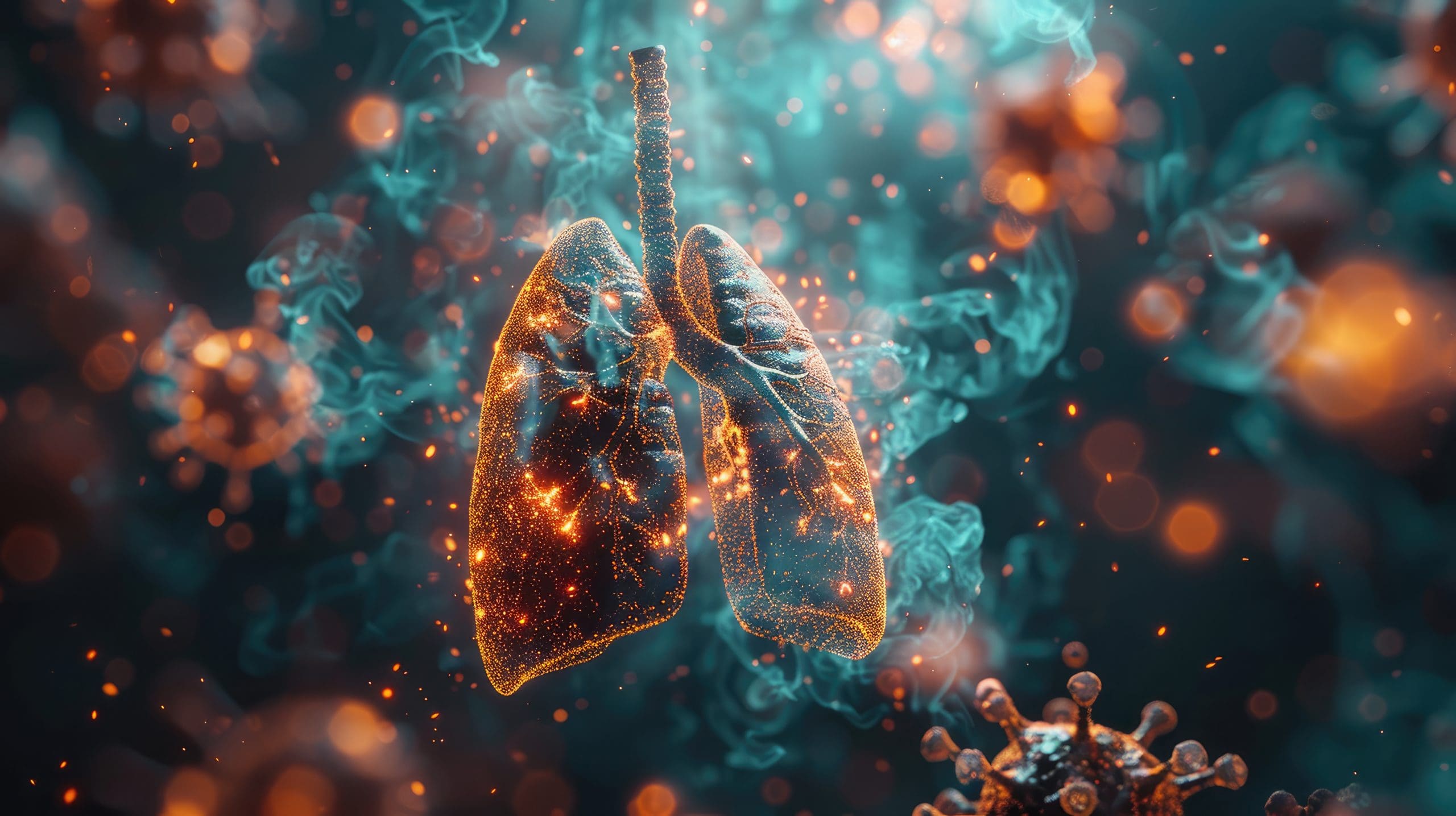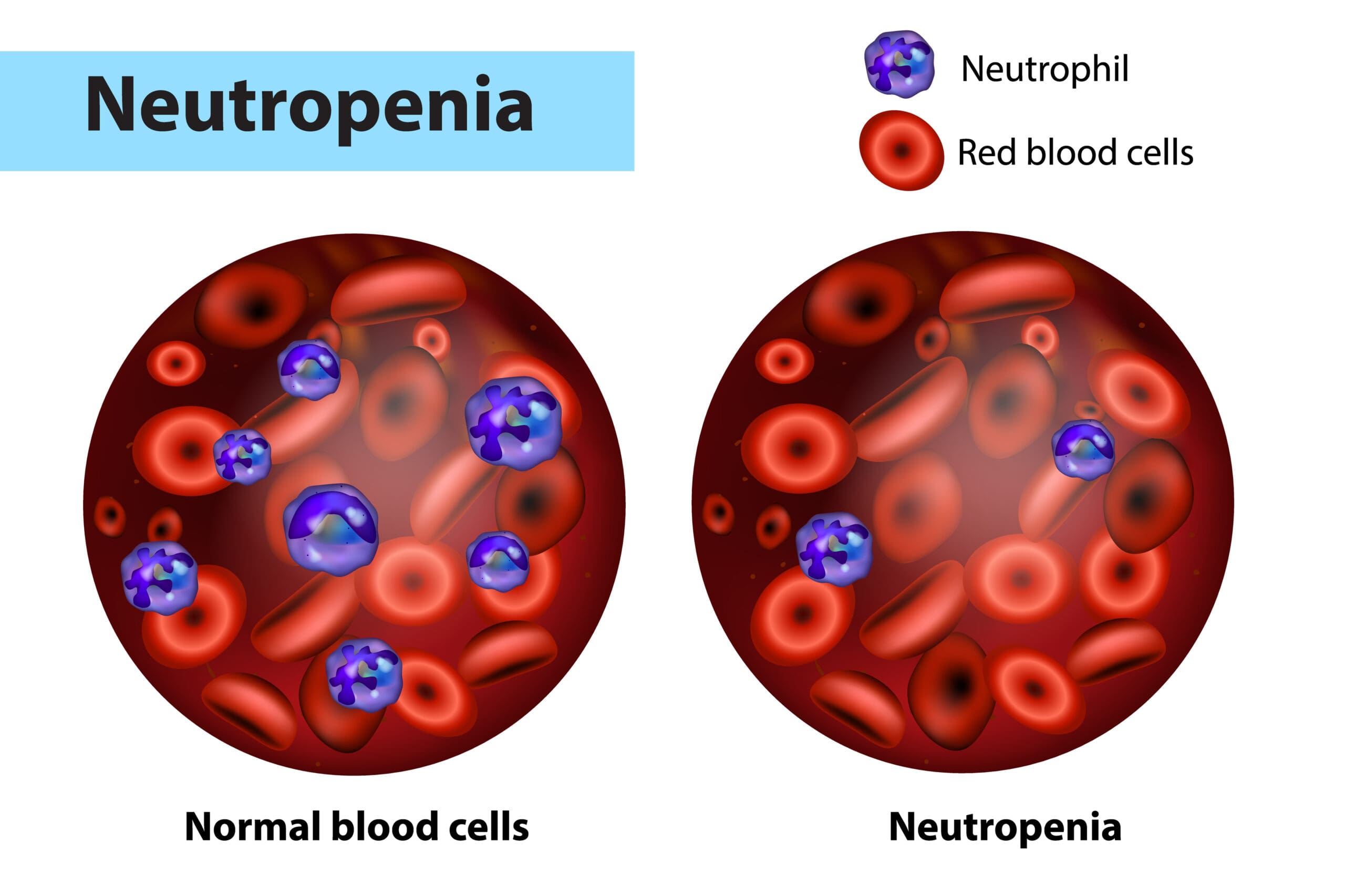Have you been struck by a case of ‘Male Menopause’?
By Louise Belle BHSc (Nut Med)
The concept of male menopause may seem quite humorous as men don’t go through the cessation of menstruation as women do. Whilst you (as a male) won’t technically experience menopause, it is becoming more and more apparent that males around the age of 50 years can suffer mental, physical and emotional changes. Perhaps we could refer to this as ‘manopause’? These changes can be associated with the decline in testosterone levels which occurs during ageing. The response of cells to the effect of testosterone also becomes sluggish.
Testosterone is the hormone responsible for a male’s masculinity, it contributes to facial hair, confidence, competitiveness, sex drive and muscle mass. Testosterone levels in males will peak during puberty and early adulthood, and start to decline after the age of 30. Those who are obese, have medical problems (such as liver disease, heart failure and rheumatoid arthritis) or poor lifestyle habits, will often experience a greater decline in testosterone than the average healthy male. The organs most receptive to the effect of testosterone include the brain, skin, skeletal muscles, testes and the liver. Deficiency symptoms will be most concentrated to these areas.


Male mid-life crisis
Have you noticed that you are more sensitive? That you lack self-confidence and motivation? Are you experiencing symptoms of low mood or anxiety all of a sudden? You could be facing a male mid-life crisis as a result of your low testosterone levels. The amygdala is the part of the brain that processes emotions and helps to regulate anxiety and fear. This emotion centre is rich in receptors that respond to testosterone. What happens when testosterone levels are low? Symptoms of anxiety, low mood, stress and fear may start to increase. Alcohol can further reduce testosterone production.
What can I do?
Firstly, it is important to visit your health care practitioner and get your testosterone levels checked via a blood test. A deficiency of testosterone will typically be below 8nmol/L. However, if you had previously high levels of testosterone, then you may experience symptoms of low testosterone even though your blood test results show that you are within the normal range. There are many strategies to help manage the symptoms of your ‘manopause’ or mid-life crisis:
- Additional testing
Along with total and free testosterone, other tests that would be beneficial include: Sex Hormone Binding Globulin (SHBG), Thyroid Stimulating Hormone (TSH), fasting blood glucose, fasting insulin and liver function tests. - Nutrition
When your body is going through hormonal turmoil, it is vital to support your body with good nutrition. Eat a diet rich in good quality fats and proteins, legumes, seafood (salmon, tuna, oysters), nuts and seeds (chia, flax, almonds, walnuts) and fresh fruit and vegetables. This will aid in balancing hormones, increasing libido and improving overall health. - Herbal supplements
Traditional herbs such as Siberian Ginseng, horny goat weed, gingko biloba, Muira Puama and maca may help to improve stamina, energy and libido. - Exercise
Testosterone levels in men will naturally boost after exercise. Incorporating exercise into your regular routine, particularly strength training, could help to balance testosterone and improve energy. Glutamine assists with muscle recovery after exercise, can help to build muscle mass and also boosts motivation. - Lifestyle
Everyone copes with life stressors differently, but it is important to find healthy coping mechanisms that work for you. Try yoga, meditation, counselling, listening to music or walking outside to relax you. Avoid or reduce smoking and alcohol use. Magnesium promotes relaxation. Tyrosine Mood Food powder assists with the production of neurotransmitters and supports a healthy nervous system - Improve liver function
The liver plays a vital role in regulating hormone and fat metabolism. It is responsible for breaking down and clearing excess oestrogen, which can help to restore the balance of testosterone. Reduce intake of processed foods, sugar, gluten and alcohol. Increase intake of water, raw vegetable juices, cruciferous vegetables and citrus fruits. - Hormone Replacement Therapy
In the short-term, androgen injections or creams could be used to increase levels of testosterone. Short-term use can offer relief of the symptoms associated with low testosterone, aiding to improve energy, mood and vitality. Use in the long-term should be carefully monitored by a doctor.
There you have it, ‘male menopause’ explained. If you notice changes in yourself when you’re nearing that half century mark, incorporate the above strategies into your routine to improve your overall health and quality of life.









Interesting article on Hormone Replacement Therapy
Regarding this “In the short-term, androgen injections or creams could be used to increase levels of testosterone. Short-term use can offer relief of the symptoms associated with low testosterone, aiding to improve energy, mood and vitality. Use in the long-term should be carefully monitored by a doctor.” Is this true, or once you start HRT, it can’t be stopped and you need to remain on HRT forever?
Hello Rod,
The length of time supplementary testosterone is needed depends on the reason the therapy is begun in the first place.
If the reason is age related androgen decrease then it is quite likely that it is beneficial for lifelong usage.
In a younger man it is beneficial to have the use of testosterone monitored because high testosterone is often associated with adverse health outcomes, like prostate cancer.
Kind regards
Victoria Taylor